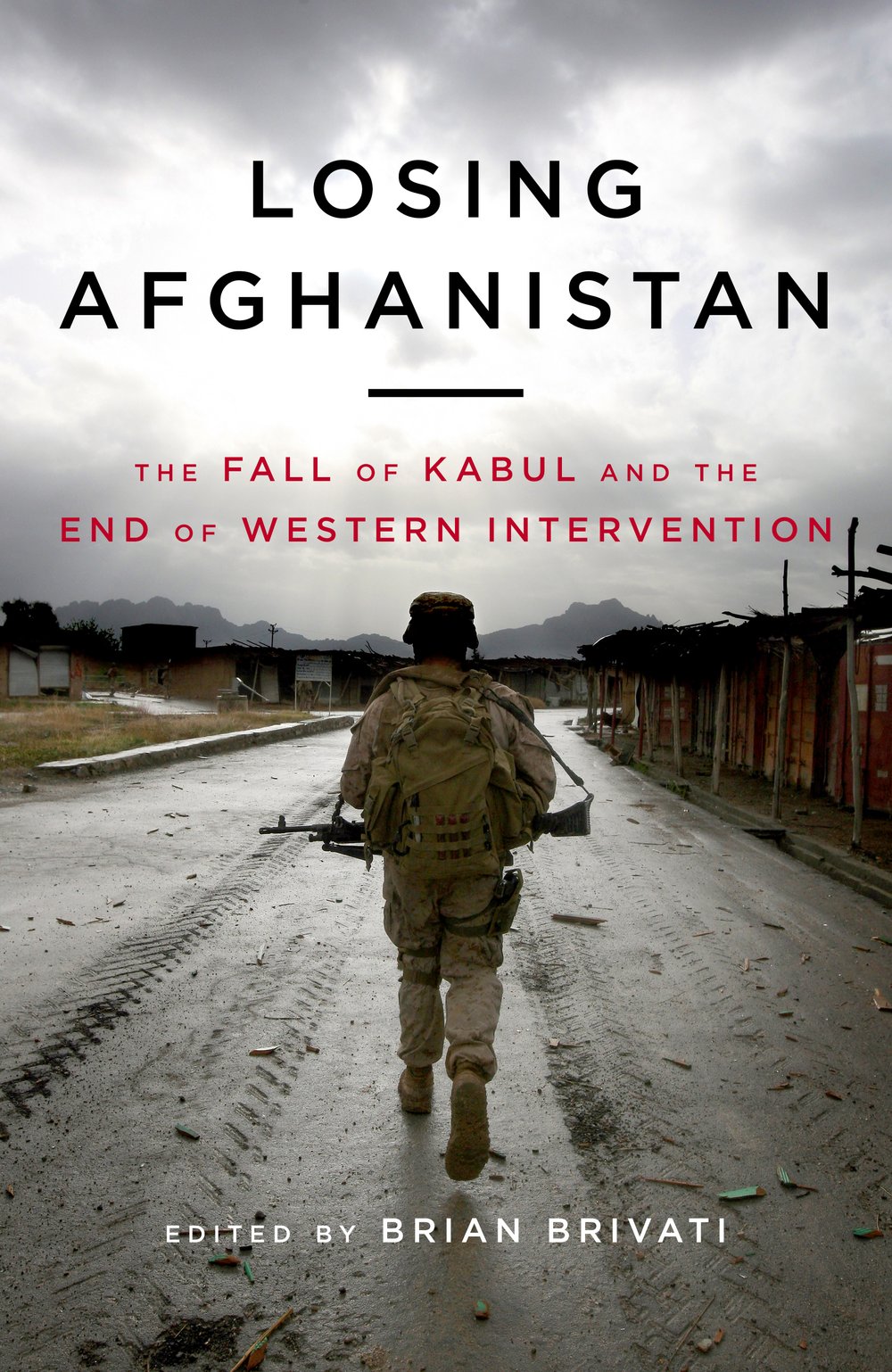Losing Afghanistan
The Fall of Kabul and the End of Western Intervention

When Taliban forces took Kabul on 15 August 2021, it marked the end of the Western intervention that had begun nearly twenty years earlier with the US-led invasion. The fall of Afghanistan triggered a seismic shock in the West, where US President Joe Biden announced an end to America's involvement in conflicts overseas. In Afghanistan itself it produced terror for the future for those who had worked with and grown up under the coalition-supported administration. Now, with the country spiralling into economic collapse and famine, Losing Afghanistan is a plea for us to keep our gaze on the plight of the people of Afghanistan and to understand how action and inaction in the West shaped the fate of the nation. Why was Afghanistan lost? Can it be regained? And what happens next? Edited by international development expert Brian Brivati, this collection of twenty-one essays by analysts, politicians, soldiers, commentators and practitioners - interspersed with powerful eyewitness testimony from Afghan voices - explains what happened in Afghanistan and why, and what the future holds both for its people and for liberal intervention.

Dr Brian Brivati was professor of contemporary history, human rights and life writing at Kingston University until 2009, when he left to become director of the John Smith Memorial Trust and implement capacity building programmes for the UN and for the UK government globally. He combines projects in international development with writing. His most recent book was The Last Optimist in Baghdad and his previous publications include biographies of Hugh Gaitskell and Lord Goodman. He has written extensively on international politics, conflict and post-conflict recovery. He blogs at the Charlwood Review: charlwood-review.com.
